Urban water systems
Urban areas provide unique challenges and opportunities for water and environmental management. Fundamental to our urban water system specialists’ approach is working in partnerships to bring engineering, science, urban planning, landscape architecture, community, urban ecology and economics to develop insightful and practical solutions.
Integrated Water Management
Our integrated water management consultants design strategies that optimise the urban water cycle by matching water sources to end uses in ways that enhance resilience, efficiency, and liveability. We identify and quantify fit-for-purpose reuse opportunities across stormwater, recycled water, and rainwater, and evaluate their direct and indirect benefits. Our work is focused on reducing potable water demand, improving waterway health, enhancing urban cooling, greening, and biodiversity. Grounded in technical rigour and supported by spatial analysis, demand forecasting, and stakeholder engagement, our integrated water management consultants deliver solutions that enable councils, utilities, and developers to plan across boundaries, and deliver outcomes that reflect community values, climate adaptation priorities, and long-term sustainability.
Alternative water sources
Through our integrated water management work, we identify and assess the use of alternative, non-potable water sources. We have a comprehensive understanding of how rainwater, stormwater, recycled wastewater, and groundwater can be sourced, harvested, stored, and utilised for various end uses that benefit both community and the environment, while also saving precious potable water supplies.
Urban water quality
At the project level, we plan, model and design water sensitive urban design (WSUD) assets that treat urban runoff to improve the quality of water reaching our waterways and bays. At the strategic level, our water sensitive urban design consultants provide advice to policy makers to shape and guide the industry’s approach, influencing long-term stormwater management outcomes.
Surface water drainage and flood mitigation
At Alluvium, our flood management expertise combines advanced hydrological and hydraulic modelling with strategic, community-minded design. Our work informs surface drainage strategy and flood planning, including the design of detention basins, wetlands, and naturalised waterways that reduce flood risk and enhance ecological function. Central to our approach is a deep understanding of climate science and its implications for extreme rainfall and urban runoff. We embed climate projections and scenario analysis into our modelling to ensure our designs are resilient under a range of future conditions. Our flood modelling consultants bring substantial technical expertise, but are distinguished by their commitment to ecological restoration, long-term climate adaptation, and genuine stakeholder engagement.
Blue / green infrastructure (WSUD)
Our approach to water sensitive urban design (WSUD) focuses on improving water quality while creating healthier, greener and more liveable communities. Our consultants design WSUD systems, such as raingardens, swales, and biofiltration basins, that treat stormwater at source and reduce pollutant loads before they enter waterways. We also view these assets as opportunities to shape public space, enhance biodiversity, and contribute to urban cooling. Drawing on our combined strengths in engineering, urban planning, and ecological design, Our water sensitive urban design consultants deliver solutions that are both technically robust and socially meaningful.
Urban lake management
Our water sensitive urban design consultants have developed industry guidelines addressing the unique management needs of urban lakes, helping mitigate common risks such as blue-green algae and weed infestation. As community assets, urban lakes can serve recreational, flood mitigation and water quality improvement functions. We understand how to optimise the design and management of these lakes to maximise the delivery of these benefits to community and lake managers.
Industry leadership
Our urban water system consultants are industry leaders who are known for their deep expertise and knowledge in their field. They bring a thorough understanding of industry trends, technologies, and best practices.
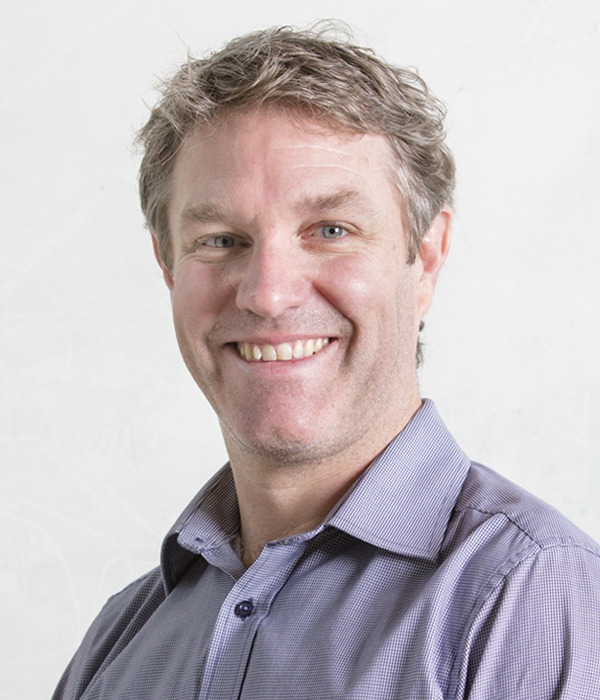
Dan O'Halloran
Dan is an urban water specialist who works with communities, government and industry to develop urban water and integrated water management (IWM) strategies across all scales. Dan’s academic background is in economics, environmental engineering and sustainability. He gains much of his professional satisfaction through stakeholder and community engagement, by bringing people together to understand their needs and develop plans and strategies to meet their requirements. <br><br>Dan has experience in the private and public sector across water and sewerage infrastructure planning, IWM, stormwater management, waterway health and liveability. These experiences have reinforced his belief that rethinking how we deliver water cycle services will be critical to delivering liveable urban environments into the future.
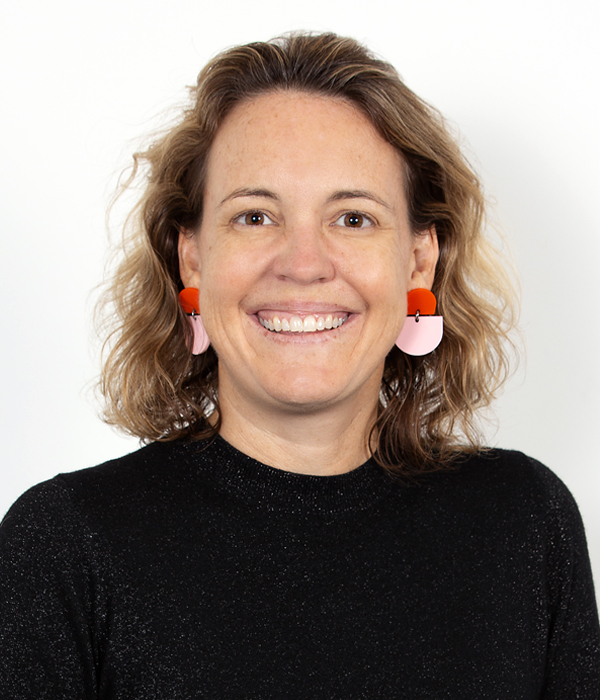
Kim Markwell
QLD Regional Manager
Kim is the QLD Regional Manager and an environmental scientist with a passion for integrating nature and water into our built environments. She has been working as a consultant for over 15 years specifically on catchment and waterway management, green infrastructure and water-sensitive urban design (WSUD) projects.<br><br>Kim is a systems thinker who can synthesise complex scenarios into comprehensive but easily understood concepts and frameworks. Kim has worked closely with clients across Australia in the development of holistic strategies, policies and plans for the management of green infrastructure including natural areas, waterway corridors, stormwater treatment systems, parks and street trees to drive co-investment and delivery of multiple outcomes from these important assets.<br><br>Through her collaboration with designers, Kim has been instrumental in the development of highly effective visual communication tools which have assisted her clients to gain support and momentum to transition towards being a water-sensitive city. Kim has also been involved in the development of industry training programs and design guidelines to promote the adoption of water-sensitive design across both the urban and rural settings.
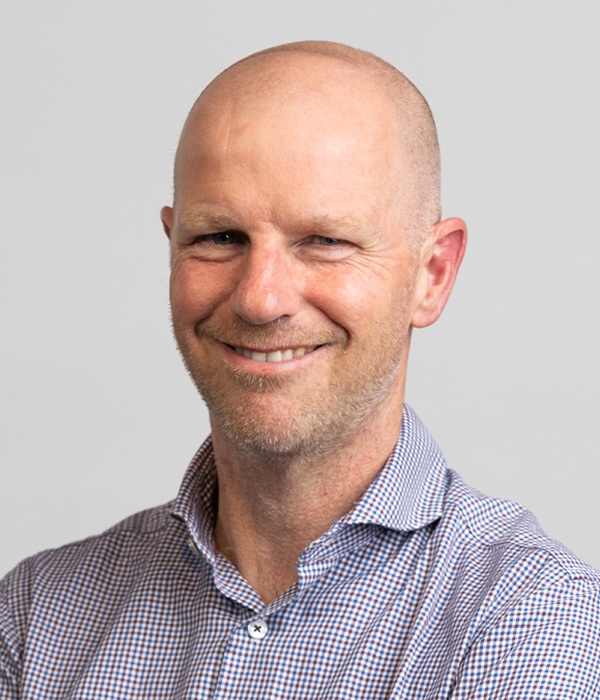
Dr Pete Morison
Vic/SA/NZ Regional Manager
Dr Pete Morison is an environmental and social scientist. He has over 30 years of experience in strategic management, water governance, natural resource management, and environmental policy. Pete’s diversity of leadership and project experiences include as CEO of the Victorian water industry’s peak body (VicWater), driving the new liveability agenda for Melbourne Water, producing technical specialist services for waterways management, and policy design for integrated water management with the National Water Commission. Adept in bridging science and practice, Pete has co-authored leading international publications in Integrated Water Management and Water Sensitive Urban Design.<br><br>Pete’s expertise encapsulates a breadth and depth of land and water management. He has led asset management, catchment management, land management, property and waterways science groups. These roles engendered a cohesive planning and implementation program that fulfilled the growing community drivers for liveability, public open space access and meta-landscapes for ecology and amenity. Key artefacts under Pete’s direction include the Victorian Water Sector Economics Review (‘Value for Victoria’), Port Phillip and Westernport Floodplain Management Strategy, the Western Treatment Plant Future Land Use Plan, and Melbourne Water’s Biodiversity Credits Conservation Scheme. <br><br>An adjunct Senior Fellow in the University of Melbourne’s Environmental Social Sciences Research Group, Pete has published over 30 papers and presented at over 20 national and international conferences as a keynote and panel speaker. He is currently a regional manager at Alluvium Consulting.
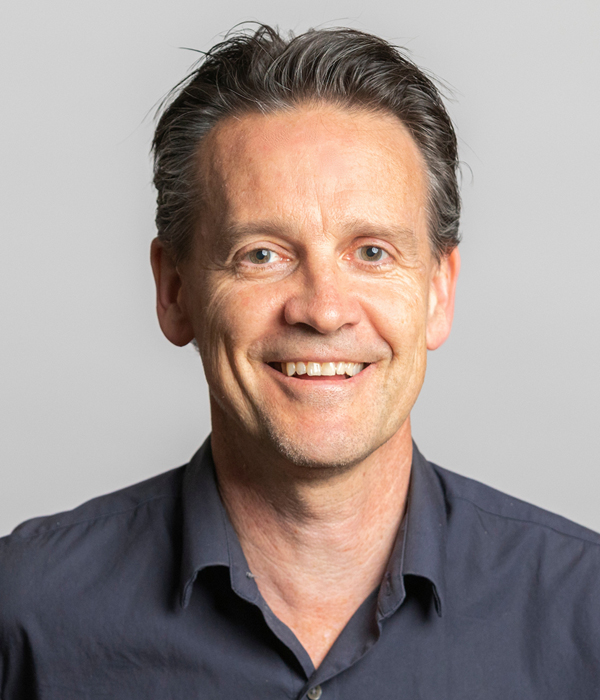
Jonathon McLean
Jonathon is a leading urban water practitioner who is actively involved in the development of best practice guidelines for urban stormwater, waterways, threatened species and recycling. He has over 30 years of experience in the urban water sector and joined Alluvium as a principal consultant in 2012 to provide strategic advice on sustainable water systems for built and natural environments.<br><br>Jonathon is an expert in understanding and managing the impact of urbanisation on catchment hydrology, waterways and ecological processes. Passionate about the transformation towards a more water sensitive cities approach, Jonathon draws on his strong background in technical design and understanding of stakeholder expectations and objectives to deliver projects from planning through to implementation. He has worked closely with Melbourne Water, local governments and developers to identify, evaluate, plan and deliver sustainable water initiatives for growth city planning using innovative research to manage the urban water cycle.<br><br>In addition to presenting at numerous forums and seminars, Jonathon has also delivered state-wide training sessions to industry on integrated water management, storm water harvesting and constructed waterway design. Jonathon’s expert urban hydrology skills have also been used by the likes of the Victorian Government agencies and Melbourne Water to inform eco-hydrology strategies for the protection of threatened species such as the Growling Grass Frog and Dwarf Galaxias. Jonathon’s skills and knowledge have been widely sought as a stormwater expert for Planning Panel and tribunal hearings.<br>Jonathon is currently providing water sensitive urban design advice to Melbourne’s leading developers and agencies such as Melbourne Water, the Victorian Planning Authority, and local government to assist with the vision of sustainable growth planning.<p style="font-weight: 400;"></p>
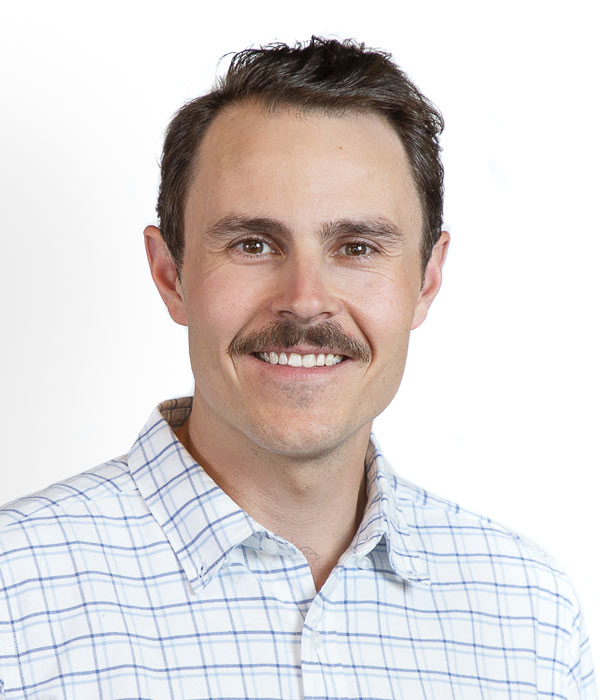
Oliver Light
Oliver is a chartered civil and environmental engineer with additional post-graduate training in fluvial geomorphology. Oliver applies these skills in the fields of waterway, catchment and coastal engineering and management.<br><br>Oliver has designed creek restorations and naturalisations, bank stabilisation works, fish passage facilities, wetlands, bioretention systems, drainage systems and coastal protection structures. Oliver has extensive experience with a range of water quality, hydraulic, hydrologic, sediment transport, fish passage and digital terrain modelling packages, has developed environmental approval documents, performed extensive fieldwork and supervised the construction of a variety of works.<br><br>In recent years Oliver has developed into a senior team leader and project manager. Oliver is passionate about rivers, water resource management and the health of our waterways and the people that live around them.
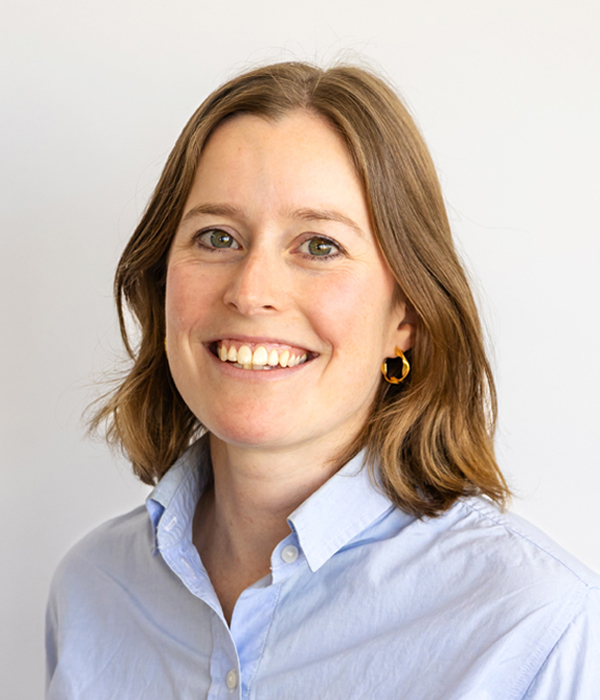
Jenny Butcher
Jenny is an environmental engineer and project manager with ten years consulting experience at Alluvium. Jenny works across the urban water design and strategic space, working on a variety of water quality, Water Sensitive Urban Design (WSUD), stormwater management strategy, waterway engineering, ecohydrology and water policy projects. Jenny has been involved in the design of constructed waterways, wetlands, and stormwater treatment assets from concept through to detailed design, as well as providing construction oversight.<br><br>Jenny is experienced and passionate about channel naturalisation projects, having been involved in the design of numerous projects since 2016. This includes her role as the design lead for the Reimagining Blind Creek and Lewis Park Retarding Basin project, a significant undertaking that brought together a variety of stakeholders to naturalise a large section of Blind Creek in Wantirna, as well as creating numerous treatment wetlands and harvesting ponds.<br><br>Jenny was heavily involved in the development of the Constructed Waterways Design Manual for Melbourne Water and delivering training on the new manual to the industry. Jenny’s experience extends overseas, having delivered blue green infrastructure training in Lao PDR, and developing water sensitive cities concepts in India.<br>Jenny is experienced in MUSIC, AutoCAD, 12d earthworks modelling, GIS, RORB and HEC-RAS.
Projects in Urban Water Systems
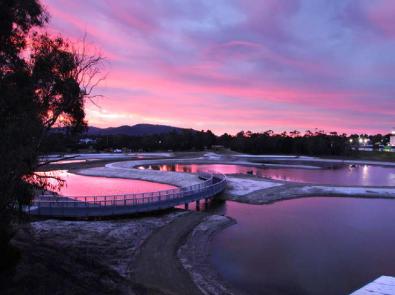
Blind Creek naturalisation
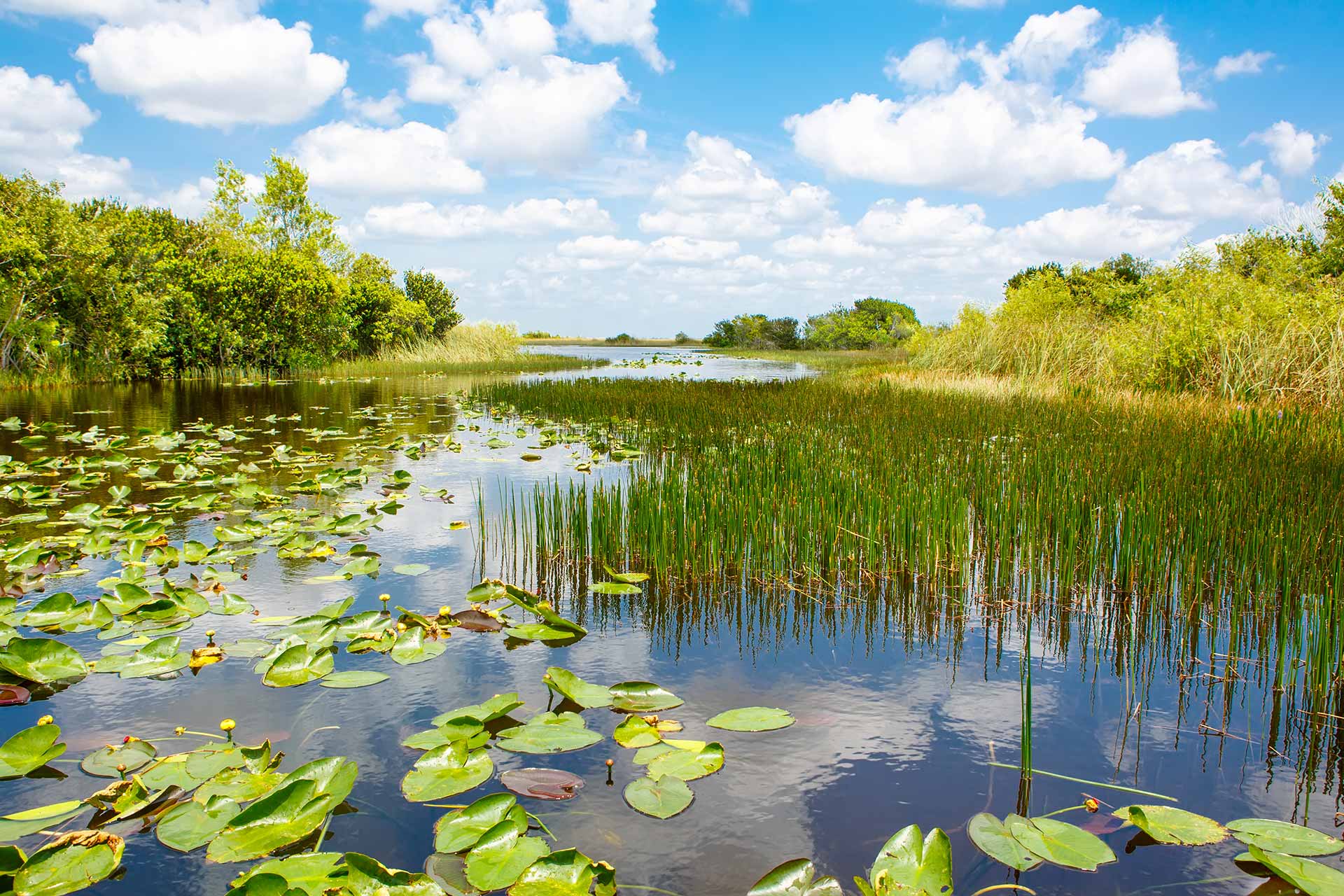
Urban Waterbody Rejuvenation Guidelines
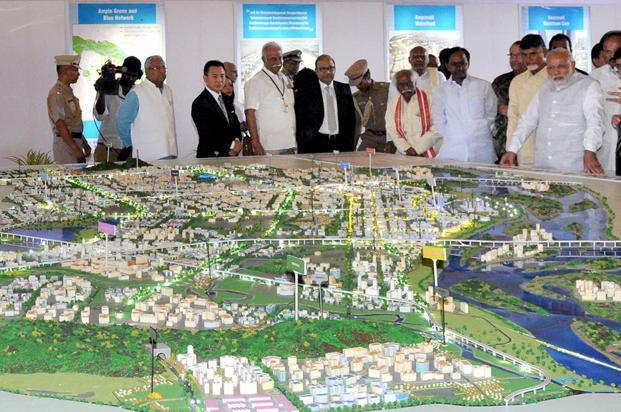
Master Plan for creation of Sponge City and Detailed Project Report

Integrated Climate Resilient Flood Management Strategies and National Urban Ecosystem-based Adaptation (EbA) Guidelines for flood risk reduction
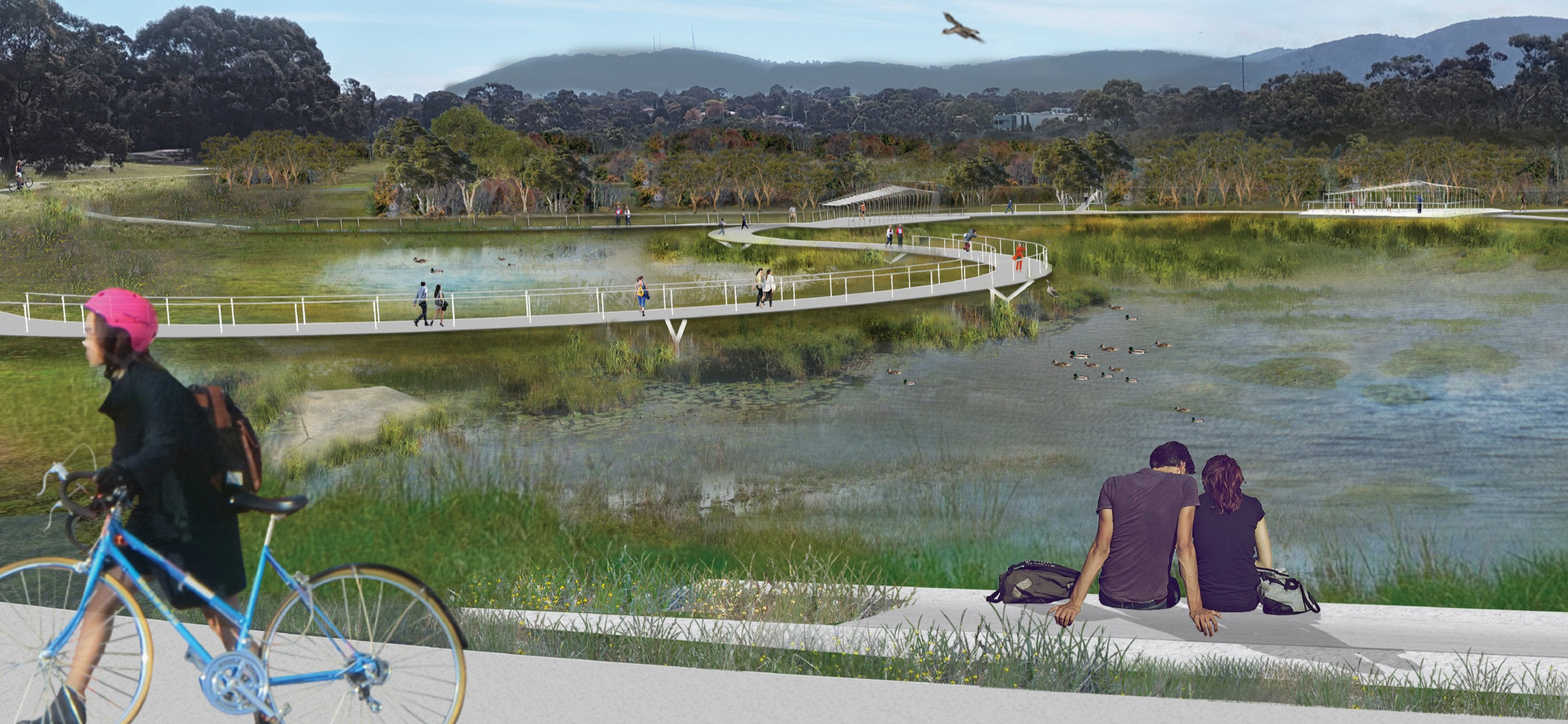
Lewis Park Waterway and Wetland Design
See more projects in Urban Water Systems
More Alluvium Consulting capabilities
Waterway and wetland management
Applied fluvial geomorphology, aquatic ecology and river engineering expertise for waterway management.
Water and catchment policy
Evidence-based advice in policy, governance, and regulatory frameworks for water resources.
Engineered design solutions
Engineering solutions to solve waterway erosion, coastal erosion, fish passage and water quality challenges.
Climate adaptation and resilience
Risk assessments, planning and designing for disaster recovery, nature-based solutions, and adaptation and resilience in a changing climate.
Evaluation and audit
Approaches for systematic and objective assessment of environmental programs.
Catchment hydrology and flood modelling
Modelling, data science, and remote sensing to inform hydrological and hydraulic assessments at scales ranging from hillslopes to large river systems.
Coastal management
Specialist assessment of physical processes, engineering, and planning for coastal adaptation and resilience.
Environmental strategy
Delivering environmental flows, plans and strategy development leveraging technical expertise and collaborative engagement experience.